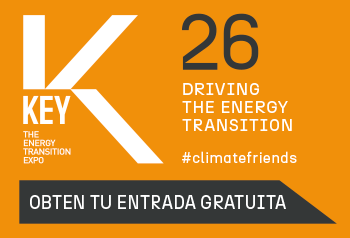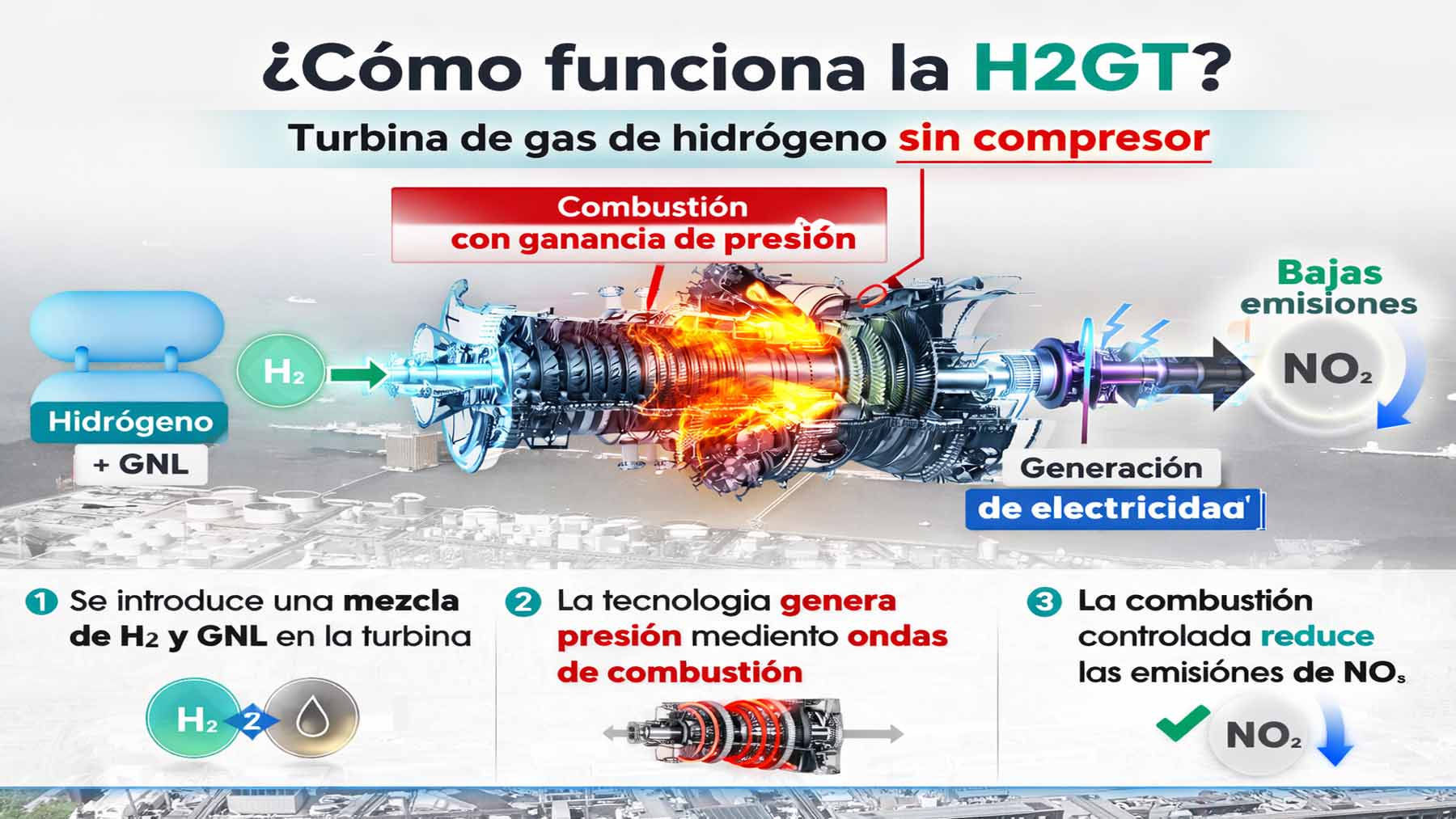Chemical engineers at the California Institute of Technology have come up with a low-temperature process to enable water-splitting, the process by which hydrogen is extracted from water.
Thermochemical water splitting requires the heating of water to trigger a reaction that splits it into its component molecules of hydrogen and oxygen. So far, the most effective methods require high temperatures, above 1,000 degrees Celsius.
According to chemical engineer Mark Davis, who led the Caltech Research group, decreasing the operating temperature of a water-splitting process would allow it to run on waste heat – like that produced in industrial or power generating processes.
«The lower the temperature that we can use for driving these types of water-splitting processes the more we can make use of energy that people are currently just wasting,» said Mr. Davis.
While lower-temperature water splitting cycles exist, they produce a number of toxic and corrosive liquid intermediates. The Caltech researchers used manganese oxide and sodium carbonate to get the lower-temperature reaction they wanted without the toxins.
The Caltech cycle uses a mixture of sodium carbonate and manganese oxide that is heated at 850 degrees Celsius. Water added to the system is oxidized and converted to hydrogen and oxygen.
The cycle is a reproducible closed system that can be run over and over – currently the Caltech team can repeat it five times. They believe that it can be run thousands of times for a practical water splitting process.
Aside from further testing its capacity for being reproduced, the team also plans to study further the chemistry of the cycle at the molecular level. They hope that enhanced understanding will allow for the development of even lower-temperature cycles.
EcoSeed – Staff




















